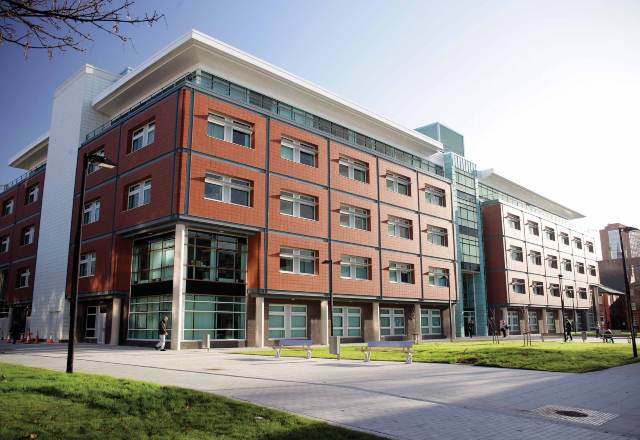Diversifying the Curriculum: The Human and the Digital
Written by Jolynna Sinanan
The Diversifying the Curriculum Fund provided me with the resources to invite Dr Liudmila Nikanova, Lecturer in Religious Studies to visit Manchester from the Open University UK.
Originally from Yakutsk (the Sakha Republic) in Siberia, Dr Nikanova specialises in indigenous religion(s), indigenous methodologies and (Siberian) shaman-making. Dr Nikanova is also highly experienced and delivering course material online and hosts the Thinking About Indigenous Religions podcast, which is available on Spotify. Dr Nikanova was originally
invited to inform the development of my undergraduate course in digital anthropology SOAN 20871 The Human and the Digital, by discussing lecture material on case studies on digital practices and indigenous populations that I could integrate into recommended readings for the course. However, a conversation on the available literature on the topic revealed
significant points about the production of knowledge in the case studies. Dr Nikanova suggested that it would be fruitful to provide these readings on the course, more discussion was needed to critically read the framing of the relationships between knowledge production and working with indigenous populations, which might be too advanced for undergraduate level studies.
We then decided to draw on Dr Nikanova’s multiple forms of expertise to record a podcast interview on indigenous methodologies for my Masters’ course SOAN 70452: Images Text Fieldwork, which is a compulsory unit for Masters of Social Anthropology and Masters of Visual Anthropology students. The course introduces research methods in anthropology for
students as they think through developing their final projects. In recent years, students have been ambitious with seeking to work with different populations across the globe, and for the Masters of Visual Anthropology students, seek to work with them to portray their worlds and experiences through ethnographic and documentary film.
Recent projects have focused on the intergenerational memory of the Herero and Namaqua genocide in Namibia, decolonising knowledge through material objects at the Manchester Museum and climate knowledge and fishing livelihoods in Grenada. Dr Nikanova argued that a consideration of indigenous methodologies would be invaluable for thinking through how we work with different populations and how we produce knowledge about them.
In our podcast interview, Dr Nikanova introduces the seminal text Decolonising Methodologies: Research and Indigenous Peoples by Maori scholar Linda Tuhiwai Smith, who Dr Nikanova describes as the founder of the field of indigenous studies. Dr Nikanova reflected on questions introduced by Smith, in her own research and how she introduces students to think about the complex relationship between research and producing knowledge, “Whose research is it? Who owns it? Whose interests does it serve? Who will benefit from it?” (Smith, 2021: 10), and what responses to these questions imply for Indigenous and non-Indigenous researchers.
The podcast interview will be included as part of learning materials in the next cycle of the course in Semester 2, along with allocated chapters of Smith’s book as recommend course readings and themes from the book will topics for small group discussions in our course workshops. I am eagerly waiting to see how students respond to Dr Nikanova’s materials and future plans include inviting her for a return visit to deliver a seminar in the course.







0 Comments